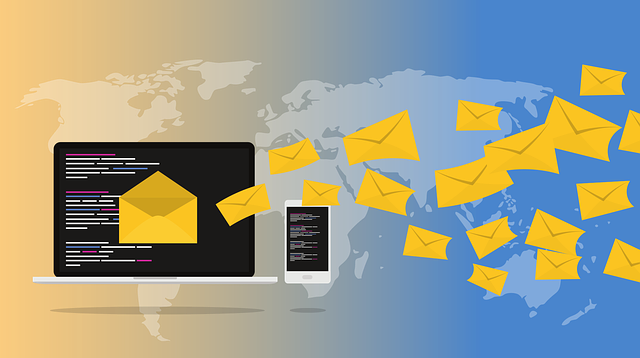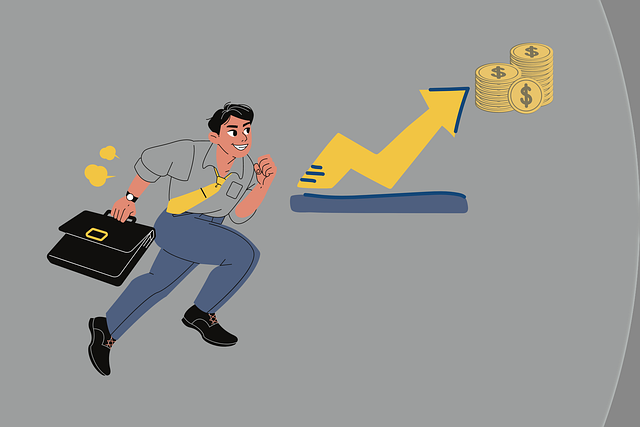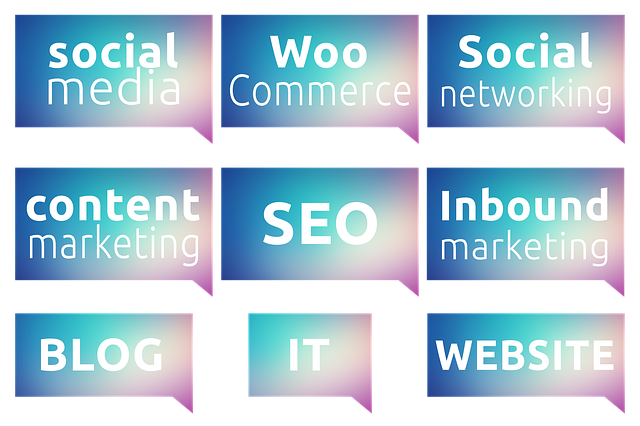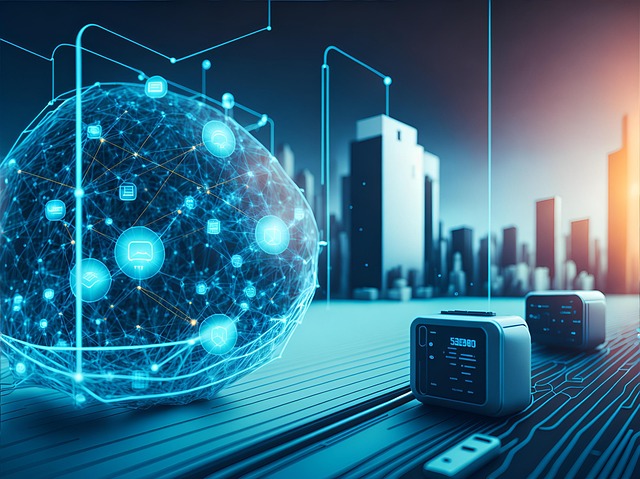AI advertising automation is transforming RV repair businesses by leveraging machine learning algorithms to analyze customer behavior, enabling personalized marketing campaigns. These platforms identify potential customers through online searches, social media, and review sites, automating targeted ad delivery and improving lead conversion rates. Integrating AI into workflows involves assessing current processes, creating an implementation plan, automating routine tasks like email marketing, and using analytics for informed decision-making. Success is measured through KPIs like customer engagement, lead conversion rates, and operational costs. Future trends include advanced AI applications like NLP-driven interactions and predictive maintenance, setting new benchmarks in a digital market.
“Unleash the power of AI to transform your auto business! This comprehensive guide explores effective strategies for implementing artificial intelligence, particularly focusing on AI advertising automation tailored for RV repair marketing. Discover how AI can streamline operations, enhance customer engagement, and boost sales. We provide a step-by-step integration process, demonstrate success measurement techniques, and unveil trends shaping the future of AI in automotive services. Get ready to revolutionize your business with intelligent solutions.”
- Understanding AI Advertising Automation for RV Repair Marketing
- Integrating AI into Auto Business Workflows: Step-by-Step Guide
- Measuring Success and Future Trends in AI Implementation for Automotive Services
Understanding AI Advertising Automation for RV Repair Marketing

AI advertising automation is transforming the way RV repair businesses market their services. By leveraging machine learning algorithms, these platforms can analyze vast datasets to understand customer behavior and preferences better than traditional methods. This enables highly personalized marketing campaigns tailored to specific RV owners’ needs, from routine maintenance to specialized repairs.
For instance, AI-driven systems can identify potential customers through online searches, social media interactions, and review sites. They then automate the process of sending targeted ads and offers, ensuring that the right message reaches the right person at the right time. This not only enhances customer engagement but also drives more effective leads conversion for RV repair shops.
Integrating AI into Auto Business Workflows: Step-by-Step Guide

Integrating Artificial Intelligence (AI) into auto business workflows is a strategic move that can enhance efficiency and customer engagement. The first step is to assess the current processes and identify areas where AI can add value, such as streamlining inventory management or optimizing scheduling for RV repairs. Once these areas are pinpointed, create a clear plan for implementation.
Start by automating routine tasks like email marketing and social media advertising using AI-driven tools. These technologies can personalize communication based on customer preferences, increasing the effectiveness of your RV repair marketing strategies. Next, consider leveraging AI analytics to gain insights from customer data, enabling more informed decision-making. This could involve predicting maintenance needs or tailoring service packages based on past repairs. Finally, ensure that your team receives adequate training to manage and maintain these AI systems, fostering a seamless integration process.
Measuring Success and Future Trends in AI Implementation for Automotive Services

Measuring success is a critical aspect of AI implementation in automotive services, allowing businesses to understand the impact and efficiency of their AI advertising automation for RV repair marketing strategies. Key performance indicators (KPIs) such as increased customer engagement, improved lead conversion rates, and reduced operational costs can serve as metrics to evaluate the effectiveness of AI integration. By tracking these KPIs, auto businesses can identify areas of improvement and make data-driven decisions to enhance their services.
Looking ahead, future trends in AI implementation for automotive services suggest even more sophisticated applications. Advancements in natural language processing (NLP) could enable more personalized customer interactions through chatbots, while machine learning algorithms can predict maintenance needs and optimize service scheduling. As technology evolves, AI integration will likely become seamless, enhancing the overall customer experience and setting new standards for auto businesses to compete in a rapidly digitalizing market.
Implementing AI strategies, particularly AI advertising automation for RV repair marketing, is a game-changer for auto businesses. By understanding and integrating tools like these into their workflows, companies can enhance efficiency, target customers more effectively, and stay ahead of the curve in today’s digital era. Measuring success involves tracking key performance indicators (KPIs) and staying attuned to evolving trends in AI technology. As this field continues to revolutionize, auto businesses that adapt will thrive, offering improved services and a better customer experience.
